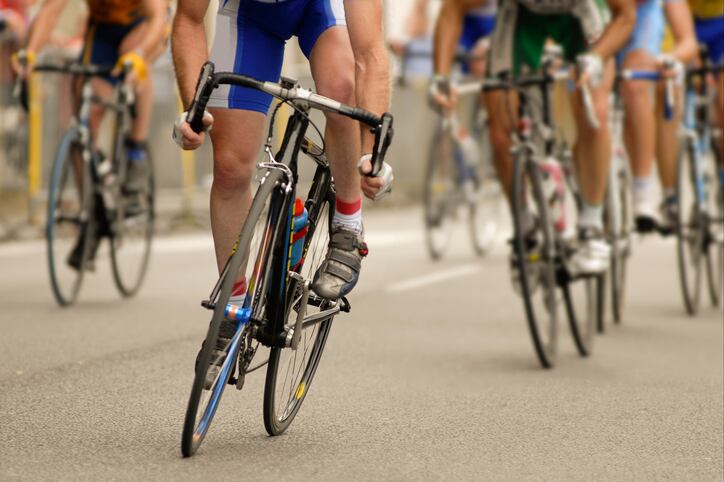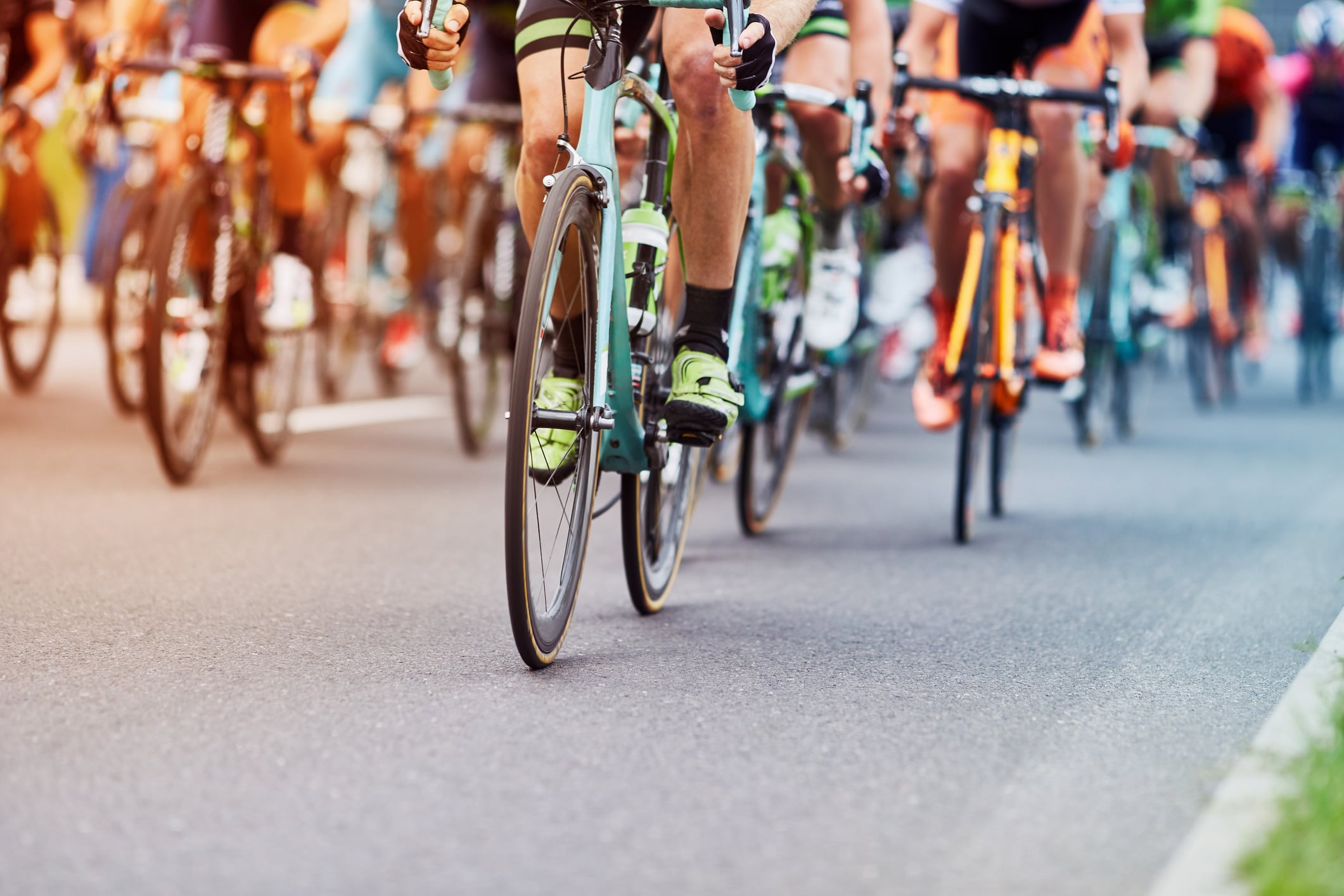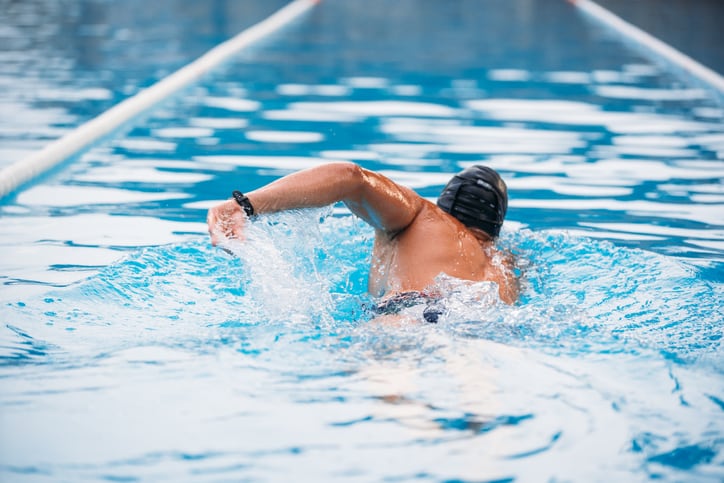The new research was published in the Journal of the International Society of Sports Nutrition. The study was conducted by researchers associated the University of Padova in Italy and Texas Tech University in Lubbock, TX.
The goal of the research was to see if time-restricted eating, dubbed TRE by the researchers, was a better way for athletes to fuel their bodies rather than taking in the same number of calories over a longer period of time.
Dearth of evidence concerning effect on endurance athletes
It has long been postulated that periodic periods of fasting could have beneficial results, and has become popular as a weight loss strategy. The researchers said intermittent fasting has not been popular as fueling strategy for athletes, with the exception of those who observe Ramadan. On the other hand, in sports where maintaining a high body weight is a positive good, such as for American football linemen or for sumo wrestlers, eating lots of calories throughout the day and even late into the evening is a common strategy for putting on weight and keeping it on.
The researchers said that while TRE has gained popularity for maintaining weight in active individuals and so comes with a lot of anecdotal reports, there was little hard evidence of its specific effects among a highly trained cohort.
The researchers said they had previously shown that TRE, when consuming the same amount of calories, did not impair muscle strength gains for resistance trained athletes and helped them lose fat and improved some measures of immune system health. The present study aimed to see if the same held true for endurance athletes.
To test the effects of TRE on this group the researchers recruited 16 elite under-23 cyclists who were members of teams from northern Italy. The athletes were divided into two groups, one consuming a set amount of calories in a 10 am to 6 pm window, with the other consuming the same amount of food energy by spread out from 7 am to 9 pm.
The trial extended for four weeks during which time the athletes maintained their preseason typical training schedule. Metabolic and respiratory bench line measurements were take at the start of the trial via a cycling ergometer test and blood was drawn at the same time. The ergometer test and teh blood draws were repeated at the end of the four week period.
TRE cut fat, bolstered immune system
The researchers found the TRE group lost fat mass compared to the control group. The TRE group lost about 2% of their body mass, and cut their fat percentage by about 1%, both of which are significant in a cohort that was very lean to begin with. The researchers also saw some positive effects in blood markers of immune system performance.
“Our results suggest that the 16/8 TRE protocol could be beneficial in elite endurance athletes to improve body composition and inflammatory markers without affecting aerobic performance. Moreover, TRE may help the function of the immune system, attenuating the decrease of leucocytes that typically occurs in high-trained individuals, although further investigation is warranted. This kind of dietary regimen could be adopted by endurance athletes to reduce body fat mass. Our preliminary data may suggest that TRE could be a proper dietary regimen in particular during the pre-season training that normally occurs during the winter season, in which the training-induced depression of immune system increases the respiratory infection susceptibility,” they concluded.
Source: Journal of the International Society of Sports Nutrition
17, Article number: 65 (2020)
Time-restricted eating effects on performance, immune function, and body composition in elite cyclists: a randomized controlled trial
Authors: Moro T, et al.




